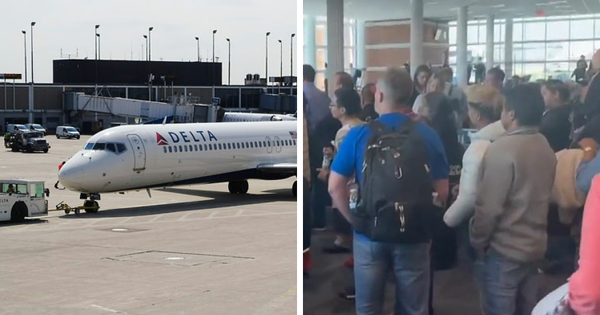
Your support helps us to tell the story
When nightfall descends on a suburban area northwest of the Ukrainian capital of Kyiv, the Witches of Bucha come alive.
By day, the women work as doctors and teachers, but by night, they safeguard Ukraine from the Russian drones that surge above them.
The women - who go by the moniker of the Witches of Bucha - are volunteers in air defence units.
As increasing numbers of men are deployed to the frontlines, the volunteers have undergone training to wield machine guns and assault rifles to shoot down drones filled with explosives sent from Russia.
“My role is to listen for them,” Valentyna, a veterinarian, tells the BBC. “It’s nervous work. But we have to stay focused, to [listen out] for the slightest sound.”
Valentyna’s impetus to volunteer is deeply personal with her family having seen dead soldiers and civilians, along with decimated tanks, during the Russian occupation of Bucha in March 2022.
A soldier at a Russian checkpoint forced them to lower the car window before placing a gun to her son’s head, she recalls.
“I remember the occupation,” Valentyna says. “I remember the horror. I remember the screams of my own child. I remember the dead bodies when we were fleeing.”
Russian forces seized control of the Bucha region in what was known as the Battle of Bucha at the beginning of the full-scale invasion of Ukraine which will soon reach the 1,000 day mark.
Forces occupied the majority of the area for 33 days, perpetrating suspected war crimes.
Hundreds of civilians were killed by Russian fighters, while thousands more were raped, tortured and robbed, according to Ukrainian officials and international war crimes watchdogs.
The Witches say they have shot down three drones since summer.
Valentyna’s friend, a maths teacher called Inna, tells of how she sometimes has to hurry back from the woods to teach a class.
“I keep my clothes in the car,” Inna tells the BBC. “My heels. I put on some lipstick, teach the lesson. Then it’s back in the car, quick change round the corner and I’m off.”
She adds: “The guys have gone, but we’re here. What can’t Ukrainian women do? We can do everything.”
Andriy Verlaty, the volunteers’ commander, explains he previously had 200 men working in mobile air defence units in the Bucha area. Many were deemed unable to carry out full military service but have now been called to the frontline in the wake of changes to Ukrainian laws - so he now recruits women and men younger than mobilisation age.
“About 90 per cent of my men ended up in the army and another 10 per cent hid,” he says. “We were left with barely anyone. Just men with no legs, or half a skull missing.”







